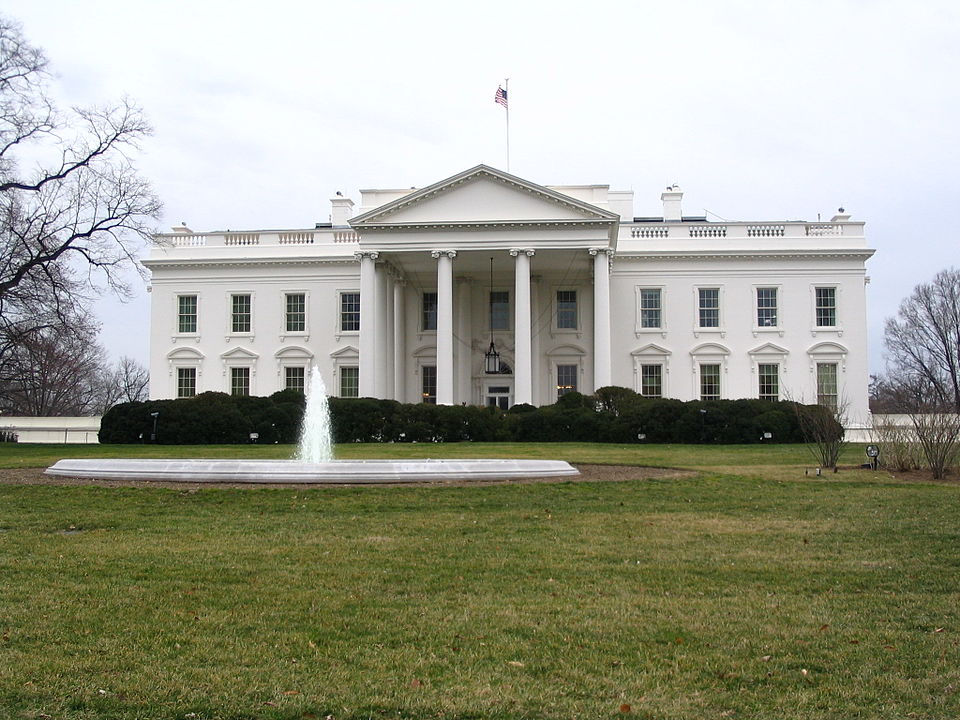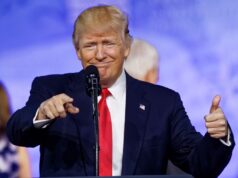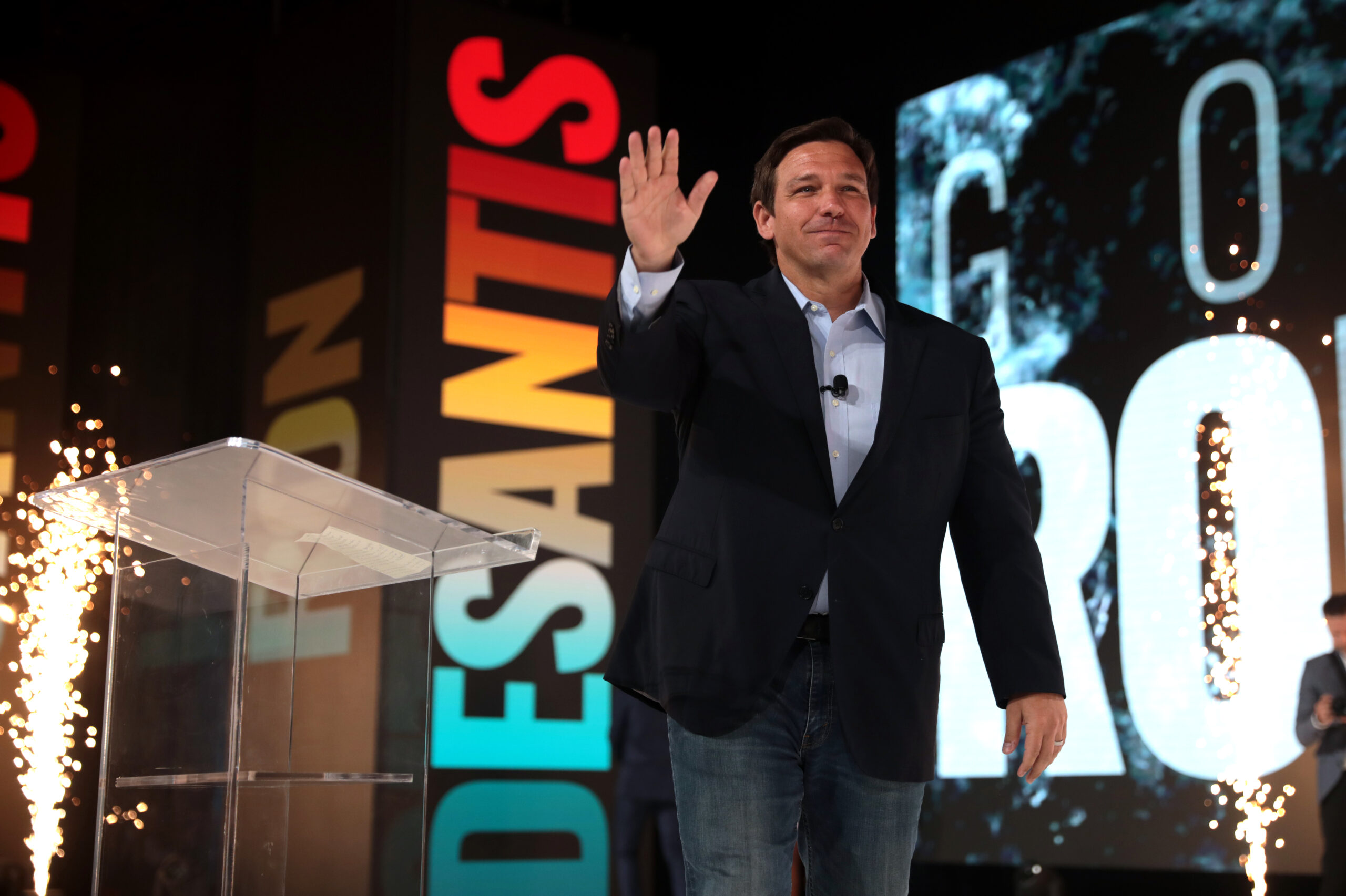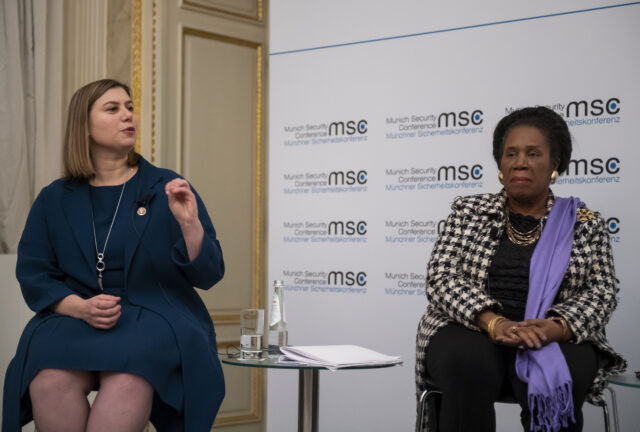GOP Governors Migrant ‘Stunt’ Working as Dem Mayors Plead for Help
ANALYSIS – When Republican governors Ron DeSantis of Florida and Greg Abbott of Texas began busing illegal migrants from their states to deep blue ‘sanctuary’ cities like New York City, Chicago, and Washington, D.C., Democrats, and the establishment media called it a political ‘stunt.’
Colorado Gov. Jared Polis, a Democrat, leading another state suffering from the same migrant crisis, has also sent migrants from his state to sanctuary cities in recent months.
Abbott has been the most prolific bussing migrants north.
DeSantis sent a couple of busloads to the uber liberal and wealthy enclave of Martha’s Vineyard, the exclusive Massachusetts island that is a regular playground for liberal Hollywood and DC elites.
The governors want to put the pressure of Joe Biden’s horrendous border and immigration policies on the front stoops of big city Democrat mayors, instead of the backyards of mostly red Republican border states.
They also wanted to highlight the issue nationally and emphasize the sheer insanity of the entire sanctuary city concept where illegal aliens are virtually invited to come and stay, safe from federal law enforcement.
And the governors’ ‘stunt’ appears to be working.
Both the outgoing mayor of Chicago and the new mayor of NYC are begging for help with the crush of these migrants.
NYC Mayor Eric Adams, a national surrogate for Biden, has been the most outspoken, recently saying Biden has “failed” his city which is being “destroyed by the migrant crisis.”
Mayor Lori Lightfoot of Chicago sent a letter to Abbott on Sunday requesting that he stop sending busloads of migrants to the Windy City over what she called political motivations.
She said the city has been caring for more than 8,000 penniless migrants since the first buses arrived from Texas in August. And the number is growing.
But Abbott began sending migrant buses to these blue cities in the fall as a response to the surge of migrant crossings at the southern border caused by Bien’s obscene and likely illegal immigration policies.
Abbott has said the migrant ‘relocations will continue until the federal government secures the border.
In her letter, Lightfoot said she is sympathetic to the challenges of border towns in Texas but wrote:
Chicago is a Welcoming City and we collaborate with County, State, and community partners to rise to this challenge, but your lack of consideration or coordination in an attempt to cause chaos and score political points has resulted in a critical tipping point in our ability to receive individuals and families in a safe, orderly, and dignified way.
Well, good. Now she can truly be ‘sympathetic’ to the border towns suffering under the stampede of illegal migrants Biden is allowing into the country.
She added a bunch of other claptrap in her letter blaming Abbott for being heartless and creating a humanitarian crisis, etc.
Unfortunately, what she totally ignores is that her ‘welcoming’ policies, and those of her party and the president, are the direct cause of the migrant crisis.
Meanwhile, Politico reports that “Republicans just gained an unlikely ally in their attacks on the president’s immigration policies: the Democratic mayor of New York.”
Unlike Lightfoot, Adams seems to get it.
GOP leaders high-fived this month after hearing Mayor Adams say Biden had “failed” the city on immigration and that NYC “is being destroyed by the migrant crisis.”
In this past year, more than 57,000 migrants have arrived in New York after crossing the southern border. Some were sent from states like Texas, but others arrived on their own.
City services used to house, feed, educate, and provide health care to newcomers are estimated to cost taxpayers $2.9 billion next year alone.
This is more than the entire NYC Fire Department operating budget.
Adams’ new rhetoric has drawn praise from some Republicans and the conservative editorial page of the New York Post.
His words have also echoed remarks by Fox News contributor Sean Duffy.
But not all Republicans are cheering for Adams. Rep. Chip Roy of Texas wasn’t quite ready to applaud the New York mayor.
Politico continued:
“Eric Adams is right to blame the Biden Administration for the border crisis, but this is the same guy who campaigned on his city’s sanctuary status and extended childcare, colleague classes and other taxpayer-funded programs to illegal migrants,” Roy said in a statement.
“Texas has been bearing the brunt of this crisis for over two years — now New York is getting a taste of their own medicine.”
Opinions expressed by contributors do not necessarily reflect the views of Great America News Desk.
















